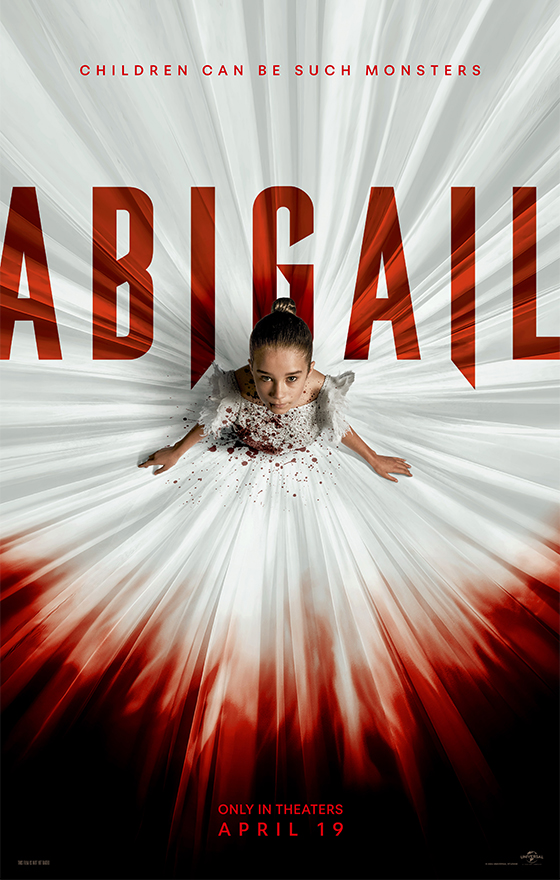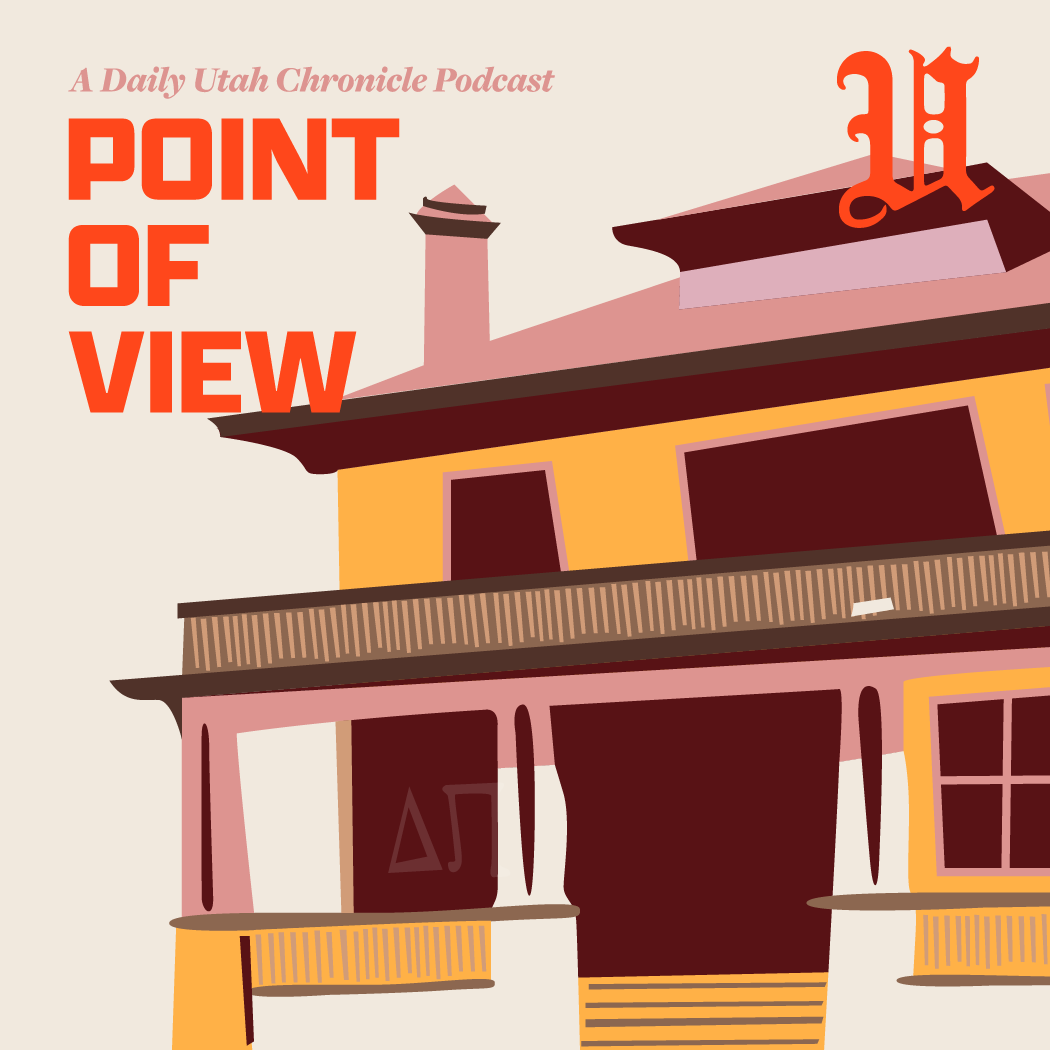
As an avid user of the World Wide Web, you might remember a “blackout” last year. Multiple sites, including YouTube and Wikipedia, went offline for a day in protest of the “Stop Online Piracy Act,” or SOPA.
SOPA was a bill in Congress that aimed to stop the illegal spread of copyrighted intellectual properties. It was shot down after massive public outcry over the fear that the bill would infringe on freedom of speech.
This year, Congress is at it again with the Cyber Intelligence Sharing and Protection Act, or CISPA. CISPA is an attempt to facilitate the exchange of information between private organizations based in electronic information (e.g., Microsoft and Facebook) and the U.S. government. The ultimate goal is to combat cyber threats.
The American Civil Liberties Union has revolted against the bill. The civil liberties advocacy group has been supported by an online following of internet users on sites such as Twitter and Tumblr, who are chalking CISPA up to the second coming of SOPA. The knee-jerk outcry is not unexpected. However, shutting down legislative discussion in the hopes of protecting the current state of internet freedom is not a sustainable political policy.
CISPA is not SOPA and should not immediately be shot down because of the presumed similarities.
CISPA is not about intellectual property at all, like SOPA was. The most recent amendment to the bill was added to specify that it cannot be used to prosecute intellectual property theft and that a lawsuit can be brought against the U.S. government if it is used for that purpose.
This is the fundamental difference between the backlash against SOPA and the backlash against CISPA. SOPA was feared as an infringement of freedom of speech, whereas CISPA incites a threat to the freedom of privacy.
Security and privacy have long stood at odds with each other, and CISPA serves as an attempt to facilitate the balancing act between the two. If the government has a duty to enforce the law and protect its citizenry, it must determine what lines can be crossed in pursuit of that goal.
I suspect the outcry has been magnified by the electronic nature of the bill. The internet stands as the symbol of a frontier that has avoided regulation by a governing entity for the duration of its existence. Its users have governed themselves, and the fear is that outside interference will turn the web into something worse.
The anarchic nature of the internet will not go uncontested forever.
As long as it is continually used for criminal activity, the necessity to govern it will remain. The United States will eventually figure out how to manage online law enforcement, and this will mark a change in the nature of online interaction. Such is inevitable.
CISPA might not be a good bill. It might not be the answer we’re looking for. It might not effectively solve the problems it sets out to solve and it might have some unintended consequences.
However, discussion should never be feared. The bill is not about to take away our internet freedoms.
CISPA is not by any measure another attempt to fight the losing battle of containing the spread of file sharing. CISPA is a necessary conversation about how the private sector can collaborate with the federal government in order to enforce the laws that the citizenry tasks it with enforcing.










